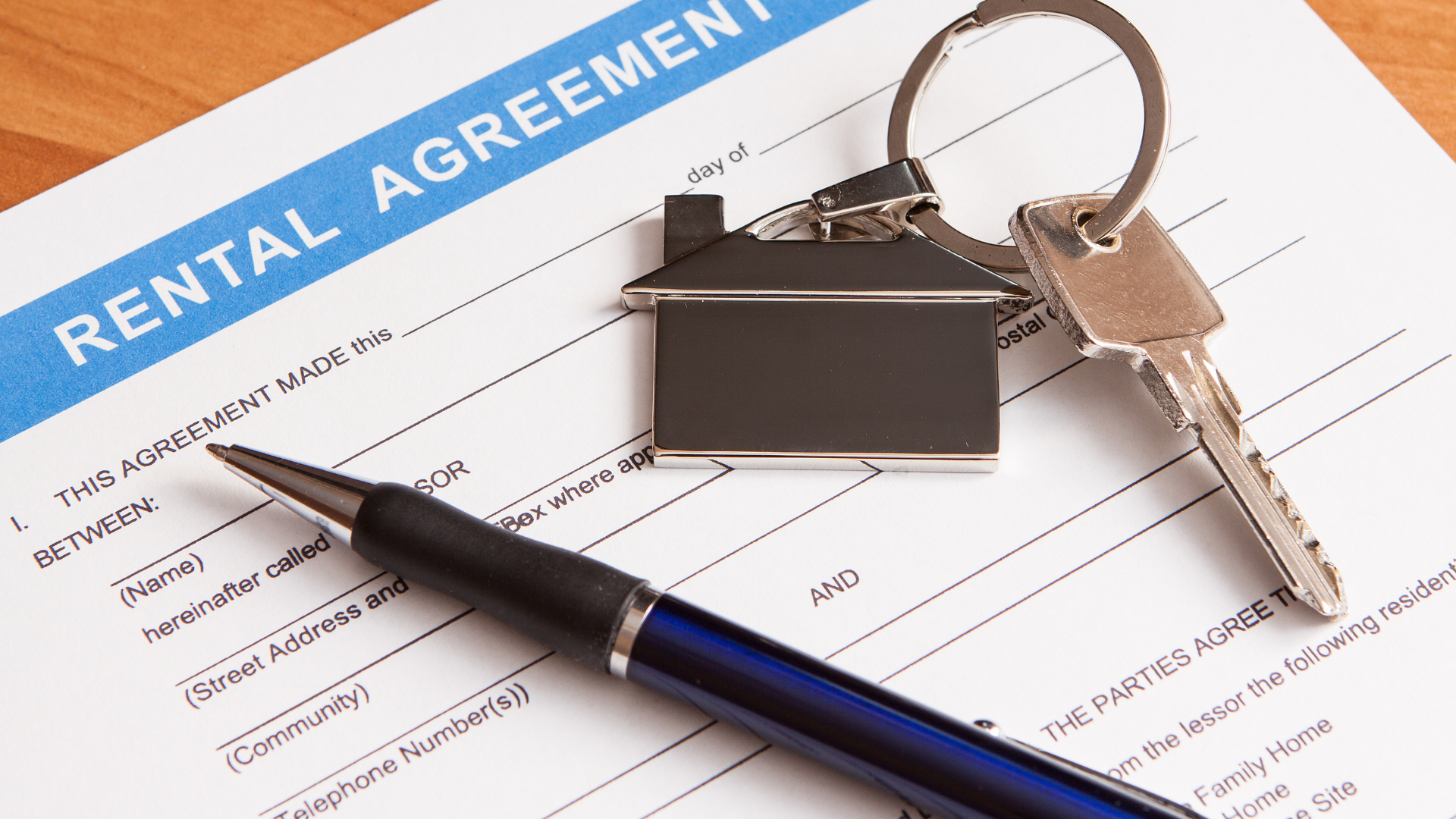Landlord Insurance
Do I need it? What should I consider when I take out a policy?
Insurance helps to minimise risk and provide protection in a worst-case scenario. It’s not something you expect to call on often, but when you do, you want to make sure you’ll get the help you need.
Landlord insurance is no different and we always recommend taking the time to really understand what your policy covers you for. That way you avoid any surprises in a time that usually catches you by surprise!
Why do I need Landlord Insurance?
Your residential rental property is one of your most valuable assets, so it’s important to make sure that it’s protected. Landlord insurance will typically cover you for things like damage to the property, theft, natural disasters and possibly loss of rent in some instances.
The Bond held under the Residential Tenancies Act provides some protection against property damage. However, there is a limit as to how much Bond you can hold and in an extreme case this may not cover the complete cost of repairs.
Your normal building or home insurance also doesn’t protect you against tenant damage or loss of rent, where Landlord Insurance policies will.
What do I need to think about when taking out Landlord Insurance?
There are a number of Landlord Insurance providers, so when you’re reviewing your options here’s some things you might want to consider:
- Product Disclosure Statements – this is the biggest and most important consideration. These statements outline the ins and outs of the policy on offer so they’re a must read!
- Price – as the old saying goes, you can get what you pay for. The cost of insurance varies between States, Territories and even suburbs so get a number of quotes compare them. It’s important that you’re comparing apples with apples to make sure you are getting the best price. Handy hint – don’t forget that being an investment property, the cost for the policy may also be tax deductible!
- Excess – make sure you’re comfortable with any excess that you have to pay for each claim.
- Inclusions & Exclusions – this is one of the most important things to consider to make sure your risk is minimised wherever possible. Here’s some common items you might like to consider:
- Natural disasters, particularly for things like storm damage here in the South West;
- Loss of rent – if this is covered, it’s also really important to know how much loss is covered and any restrictions (e.g. is the a maximum amount they will cover, under what circumstances will they cover loss of rent);
- Damage caused by tenants, guests or pets;
- Theft or burglary, particularly for any home contents that you are responsible for insuring;
- Public liability cover – this covers you for any injury to people visiting your property;
- Drug use and damage associated with the use of drugs;
- Costs associated with any tenant evictions – including legal costs, additional management fees, changing of locks etc.
- Incentives or Extras – if it’s a close call between policies see if there’s any bonuses or incentives that make the policy or provider stand out.
Who offers Landlord Insurance?
There are specialist Landlord Insurers like EBM RentCover and Terri Scheer that we recommend chatting with. As specialists in this field, they focus on tenancy related insurance matters day in and day out.
Other general insurers often offer a landlord insurance policies as well. If you have a preferred insurer, we recommend getting in touch with them to see if they have a product they can offer you.



